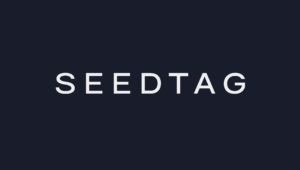What is Google's AMP? Why Ad Tech Needs To Be Ready
←Back to Indexby Ciaran O'Kane on 5th Feb 2016 in TRADERTALK
Late last year, Google announced Accelerated Mobile Pages to help publishers create mobile web pages that load more quickly than sites traditionally do on mobile.
It's all about the user experience, says Google. But the reality is a little different.
Facebook's massive user numbers is forcing publishers to publish more and more content inside its walled garden.
Facebook's Instant Articles is effectively its play for a 'closed' content distribution solution where publishers post most of their content inside the Facebook domain.
The monetisation angle: Facebook serves ads alongside the content and does a rev share with publishers. Some platform-dependent 'snackable' content plays, like BuzzFeed, are happy with this new solution.
Other publishers are not so enthused. Unlike the open web, publishers can't ad serve into Facebook - and it restricts working with any third-party ad tech that delivers revenue.
It is no secret that media buyers use Facebook to buy mobile. Facebook assumes publishers will follow the money. Some have, while others remain rightly sceptical.
Google is obviously not happy about this situation - and with a USD$20bn display ad business to protect, it has the most to lose from the death of the open web.
Its response is AMP. But what is it, how does it work, and why should the industry be readying itself?
In this episode of TraderTalkTV, Stephen Morgan, MD at technology consultancy, Squiz, explains Google's mobile project in detail - from the way publishers will likely use it and how ad tech vendors can test to see if their technology is compatible.














Follow ExchangeWire